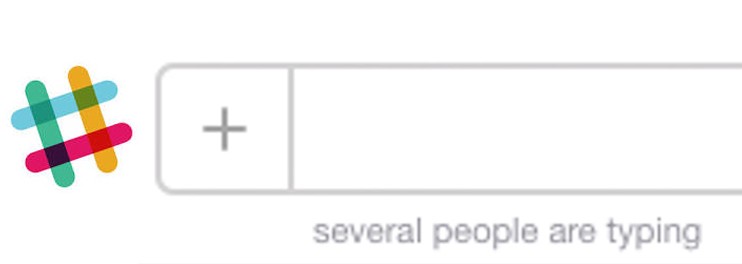Dave Cheney recently made waves in the tech world by writing that Slack is inappropriate for open source communications. This reminded me about how the Chef community had made the move to Slack last year, and how they’d identified some major gaps between IRC (the previous preferred chat platform) and Slack. Because you can’t moderate users, block users, or protect your own private messages, I’d recommend communities go elsewhere. I’d take this further and argue that Slack is bad for any kind of non-corporate community.
Slack is bad for moderated discussion.
In the above RFC for the Chef Community, they actually call out some of my biggest concerns about Slack for community:
Slack, as a company, seems to not consider [open source projects] to be a use case worth pursuing. This means they have stated directly that they do not plan to offer any community control or moderation features. This means no user ignores, no kick/ban abilities, no way to mark trusted users (equivalent to op/mod in IRC).
In an industry where a code of conduct is simply table stakes for most conferences, the corporate model for anti-harassment isn’t always effective — where even Slack HQ cares deeply about diversity — why can’t Slack give us a way to protect ourselves? It’s pretty clear that a corporate model is not what these open source communities need.
Slack is bad for harassment.
A few weeks ago, in my Remote Year community’s Slack instance, some specific individuals decided it would be fun to use @channel repeatedly and in multiple channels. Because there’s no way to actually block these individuals, my only choice was to block these notification for the entire channel. As much as I wanted to get relevant content and notifications, I had only one option to control the notifications — so I ex(er)cised it. As it ended up, I simply just signed out from that instance completely; this is a net loss for the community, because the actual instance owners can’t enforce good behavior. I asked @SlackHQ about blocking or ignoring users a few weeks ago:
@martinb3 Thanks for your request, Martin. As a tool designed primarily for work teams, this isn't in our immediate plans — sorry! 🙇
— Slack (@SlackHQ) March 29, 2017
With a “sorry!” and an emoji bow, giving users the tools protect themselves is just not what Slack is designed to do. Then, is it a surprise that most Slack best practices include disabling all notifications not directly related to you. Want to know when #trivia night gets moved to a different location at the last minute? Sorry, you’ve disabled @channel so you won’t get the message. Want to know when a friend has an emergency and needs some help getting to a clinic? Sorry, you’ve disabled @channel so you won’t get the message.
This is especially irritating given Slack’s best practice recommendation that every channel have a purpose, and you should customize your notifications for that purpose. Sorry, Slack, but if I can’t block people, I will block/leave channels. In fact, I’ve left entire instances of Slack due to this problem; it simply isn’t worth it to remain active and receive these notifications.
Slack is bad for end-user privacy.
Early last year, Slack added a new compliance-export feature (Tip: You can see if Compliance Exports are enabled for your team at my.slack.com/account/team). According to The Verge:
First, none of the messages you’ve sent on Slack to date fall under the new policy; the company will only start tracking them on Jan. 1st. Second, “compliance exports,” as the new feature is known, is available only to teams that pay for the new tier of service that will become available in January. And third, exports aren’t available by default — companies have to jump through a series of hoops to request them, including sending a snail-mail letter on company letterhead requesting access. “It’s like having a waiting period before you buy a gun,” says Stewart Butterfield, Slack’s founder and CEO.
While this might make sense for a corporation, these kinds of things simply aren’t good for other communities. The Slack Terms of Service even requires you to waive your right to a Jury Trial if Slack discloses your data to someone. Apparently even deactivating your account, after leaving a company, doesn’t delete the communications history that Slack retains. This is pretty scary. Unlike a corporate environment, Slack admins for communities don’t generally have control of your email address (so they can’t just reset your password & login to your account). But admins of community Slack instances definitely shouldn’t have such elaborate control of user data.
In Conclusion: Slack is bad if you aren’t a company.
Whether you’ve got someone who says inappropriate things in your community, and needs moderation, or if you have a stalking problem, or even just privacy concerns, Slack is bad for your community. I recently read about the scandal in the Drupal community, and I can’t imagine what would have happened, had Slack been involved.
Don’t get me wrong — Slack is wonderful as a company resource. And with a distributed team, Slack has been so useful that folks threaten to leave if someone hints about taking it away. But do I think it’s the right choice for a community of equal participants? In a word, no.
